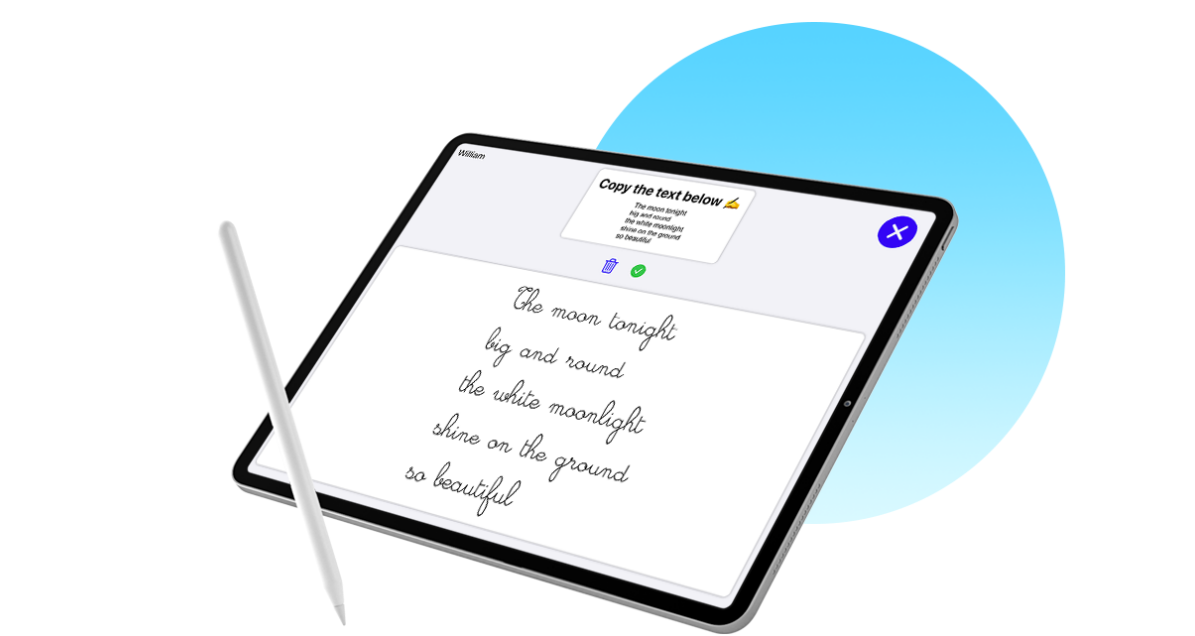
The four startups selected for the InnoBooster program are developing novel solutions from improving gut microbiome and children’s handwriting to making buildings intelligent and recycling materials used in boats or wind turbines.
Organised by the Gebert Rüf Stiftung, the InnoBooster program supports university-based, high-potential business cases from the Venture Kick program. During 1.5 years, the foundation will provide each startup up to provide CHF 150,000 to further develop their solutions.
The jury has selected four startups to benefit from the program.
Composite Recycling – Glass Fibre Reinforced Plastic (GFRP) is an incredibly versatile material, commonly found in boats, planes, trains, and wind turbine blades. In 2021, 2.4 million tonnes of GFRP waste was disposed of, and 90% of the GFRP waste ends up in landfills, with the majority of the rest either being incinerated or worse, abandoned in the environment. GFRP is not recycled because the plastic and the glass fibres are very difficult to separate and current recycling technologies require ground material, destroying the resale value. Composite Recycling uses a new pyrolysis reactor design that removes the plastic from the fibres without destroying the fibres in the process. The startup plans to deploy mobilized recycling units, which can treat GFRP waste at its source. Its proprietary reactor design and advanced post-processing technique will enable the company to resell high value glass fibres and pyrolysis oil, making GFRP recycling profitable allowing for a circular economy for composites.
Dynamilis – the Edtech startup developed Dynamilis, a software programme running on iPad that analyses the handwriting of pupils aged 6 to 12 and proposes activities in function of the handwriting profile established. Current tests are slow and often used too late in the child's schooling. Dynamilis method uses an iPad, which allows for capturing the handwriting dynamic, that is speed, acceleration, pressure and tilt – something impossible to do with pen/paper tests. The artificial intelligence algorithm can detect handwriting difficulties in less than 1 minute (compared to 20 minutes with the current tests) by extracting fine motor indicators, such as the second derivative of pen pressure. This work has been published in leading scientific journals. In addition, the startup team has collaborated with more than 50 therapists who supported it in the development of a dozen games. These games are proposed to the pupil according to the handwriting profile, some of them focusing on pressure, others on the shapes of the letters, etc.
Viboo – Buildings are responsible for a third of the global CO2 emissions. With climate change and rising concerns on energy security, there is a need to their energy use. Viboo provides self-learning data predictive control algorithms via a cloud software service to manufacturers of heating equipment. The algorithms learn the thermal behaviour of a building from a single week of measured data and predictively optimize the heating input into a building depending on several factors such as the weather forecast. Manufacturers of smart thermostats can use Viboo’s cloud service to increase the energy efficiency of their product, and the end-users can book the service through an app. The pilot projects, including one with the market leader Danfoss, have shown energy savings of up to 20-40% while improving comfort. The algorithms can also be used to provide electricity reserves (Demand-Side-Managment, DSM) with buildings to allow a higher share of volatile renewables in the electricity grid.
SURI Biotech – The microbiome represents a new area of science with the potential to improve human health. SURI BioTech untangles the gut microbiome potential using rationally selected bacterial strains with clear targets and high efficacy for the alleviation of bloating and intestinal discomfort. The startup’s proprietary strains are developed based on a scientific understanding of the bloating mechanism and are selected for preventing hydrogen gas production by intestinal microorganisms – with potential applications in functional gastrointestinal disorders such as infant colic, lactose intolerance and bloating. The first application, BactoKind, is a food supplement containing a consortium of natural bacterial strains for the alleviation of infant colic. Currently, 20% of babies younger than 5 months suffer from infant colic, characterized by inconsolable crying over 3 hours a day, which impairs the quality of life of the parents. BactoKind will offer relief to the infant’s pain and improve parents’ well-being.
(RAN)























































Please login or sign up to comment.
Commenting guidelines